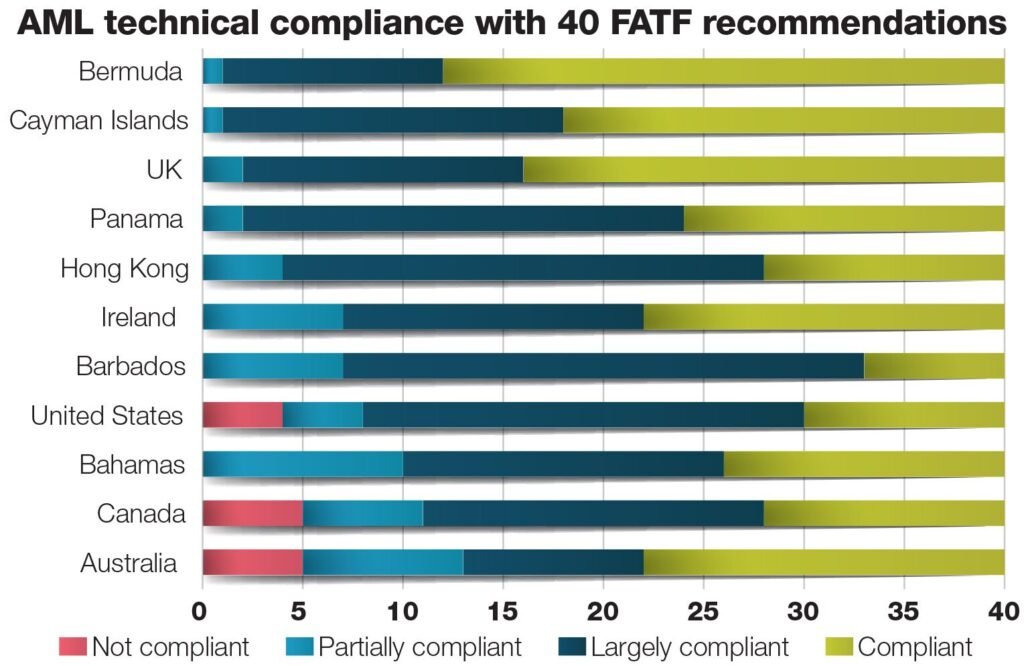Top 10 Crypto Countries in 2025: Where Blockchain Thrives and Adoption Soars
Cryptocurrency adoption is no longer a niche trend — it’s shaping economies, influencing investment flows, and redefining how money works. In 2025, the top 10 crypto countries stand out not just for their usage rates, but for building environments where blockchain technology can flourish.
After years of turbulence — from the 2021–2022 crypto winter and high-profile collapses like Terra-Luna and FTX, to regulatory crackdowns across major economies — the market began its recovery in 2023. Bitcoin surged, market capitalization rebounded from under $1 trillion to over $1.5 trillion, and key events in 2024 such as the SEC’s approval of Bitcoin ETFs, the Bitcoin halving, and a post-election surge in trading activity in the U.S. gave the industry fresh momentum.
In this landscape, certain nations have emerged as global leaders in crypto adoption. Their secret? A balance of regulatory clarity, tax advantages, institutional support, and a thriving innovation ecosystem. Let’s explore them one by one.
Switzerland: Home of the World-Famous Crypto Valley

Source: Cryptopolitan
In the heart of Zug lies the “Crypto Valley,” a globally recognized hub for blockchain companies, startups, and investors. Switzerland’s financial regulator, FINMA, set the standard early with clear guidelines for ICOs, token classification, and licensing. Its tax-friendly policies give both retail investors and institutional funds room to grow. The country’s established banking sector — known for precision and discretion — has gradually opened its doors to digital assets, further solidifying Switzerland’s leadership.
Singapore: Asia’s Fintech Powerhouse

Source: FINTECHNEWS
Singapore’s rise as a crypto leader stems from its progressive policies under the Monetary Authority of Singapore (MAS). The Payment Services Act has brought structure and security to the industry, while the absence of capital gains tax on crypto transactions keeps the city-state attractive to investors. Beyond policy, Singapore nurtures talent through blockchain programs at NUS and SMU, and connects innovators through events like Singapore Blockchain Week. Its small size belies its big influence on Asia’s digital finance scene.
United Arab Emirates: Building the Future in Dubai and Abu Dhabi

Source: COINGEEK
From futuristic skylines to blockchain-powered trade, the UAE has positioned itself as a magnet for crypto businesses. The Virtual Assets Regulatory Authority (VARA) in Dubai has laid down one of the clearest digital asset frameworks globally, while Abu Dhabi Global Market offers its own regulated ecosystem. Free zones such as DMCC give companies operational advantages, including zero personal income tax. The UAE’s ambitions go beyond regulation — it invests heavily in blockchain education and hosts high-profile summits like the Future Blockchain Summit.
Hong Kong: Asia’s Financial Gateway Reclaims Its Crypto Spot

Source: Reuters
After a period of regulatory tightening, Hong Kong has re-entered the crypto race with well-defined guidelines from the Securities and Futures Commission (SFC) for exchanges and virtual asset service providers. New initiatives like the Project Ensemble Sandbox explore asset tokenization, and its role as a bridge between China and global markets remains unmatched. The city’s financial heritage, paired with new pro-crypto policies, makes it an attractive base for both startups and institutional players.
Canada: Early Regulator, Ongoing Innovator
Canada was one of the first countries to approve a Bitcoin ETF, giving investors regulated access to crypto through mainstream channels. The Canadian Securities Administrators (CSA) established frameworks early, providing clarity in an industry often clouded by uncertainty. Banks like RBC and Scotiabank now offer services for crypto businesses, signaling institutional acceptance. While taxes apply, the environment remains competitive for long-term holders and blockchain innovators.
United States: Scale, Innovation, and Institutional Power

Source: CryptoSlate
The U.S. is home to some of the largest exchanges, blockchain startups, and venture capital firms in the world. Regulation remains complex, with oversight split between the SEC and CFTC, but state-level initiatives — such as Wyoming’s crypto-friendly banking laws and Texas’ mining incentives — create innovation pockets. The integration of digital assets by major institutions like Fidelity and PayPal has normalized crypto for millions of Americans. With its scale and capital, the U.S. continues to influence global crypto trends.
Cayman Islands: Top 10 Crypto Countries – Tax Haven for Crypto and Funds

Source: Cayman Compass
Long known for offshore finance, the Cayman Islands has adapted to digital assets with its Virtual Asset Service Providers Act, ensuring AML compliance while keeping taxes at zero for crypto transactions. The territory’s strong legal and financial infrastructure attracts hedge funds, exchanges, and institutional investors looking for operational flexibility and low costs.
Bermuda: Top 10 Crypto Countries – Small Island, Big Blockchain Moves

Source: Linkedin
Bermuda’s Digital Asset Business Act (DABA) established a clear path for companies working in crypto. The Bermuda Monetary Authority actively engages with the sector, offering oversight while fostering growth. With no taxes on capital gains or income, it’s a strategic base for blockchain firms. The island also invests in human capital, partnering with Bermuda College to offer blockchain-related courses.
Australia: Regulated but Open to Innovation

Source: Asic
Australia’s approach blends oversight with opportunity. The Australian Securities and Investments Commission (ASIC) licenses and supervises digital asset firms, while a regulatory sandbox allows startups to test products without immediate full compliance burdens. Government partnerships with blockchain companies and progressive tax policies for active traders have helped Australia carve out its own space in the Asia-Pacific crypto ecosystem.
Panama: Top 10 Crypto Countries – A Strategic, Low-Tax Jurisdiction
Panama’s appeal lies in its tax laws — there’s no capital gains tax on cryptocurrency, making it attractive for traders and long-term holders alike. The country is steadily building clearer AML compliance frameworks, positioning itself for growth as a fintech hub. Its geographic location, bridging North and South America, gives it a strategic edge for international crypto businesses.
Conclusion: Top 10 Crypto Countries – The Competitive Race for Crypto Leadership
The top 10 crypto countries in 2025 share a few common traits — proactive regulation, tax advantages, vibrant innovation hubs, and a commitment to building the infrastructure needed for blockchain to thrive. As adoption deepens, competition between nations will intensify, with emerging markets potentially reshaping the map in the years ahead. The question is no longer if countries will adopt crypto-friendly policies, but how fast they can adapt to stay ahead.




